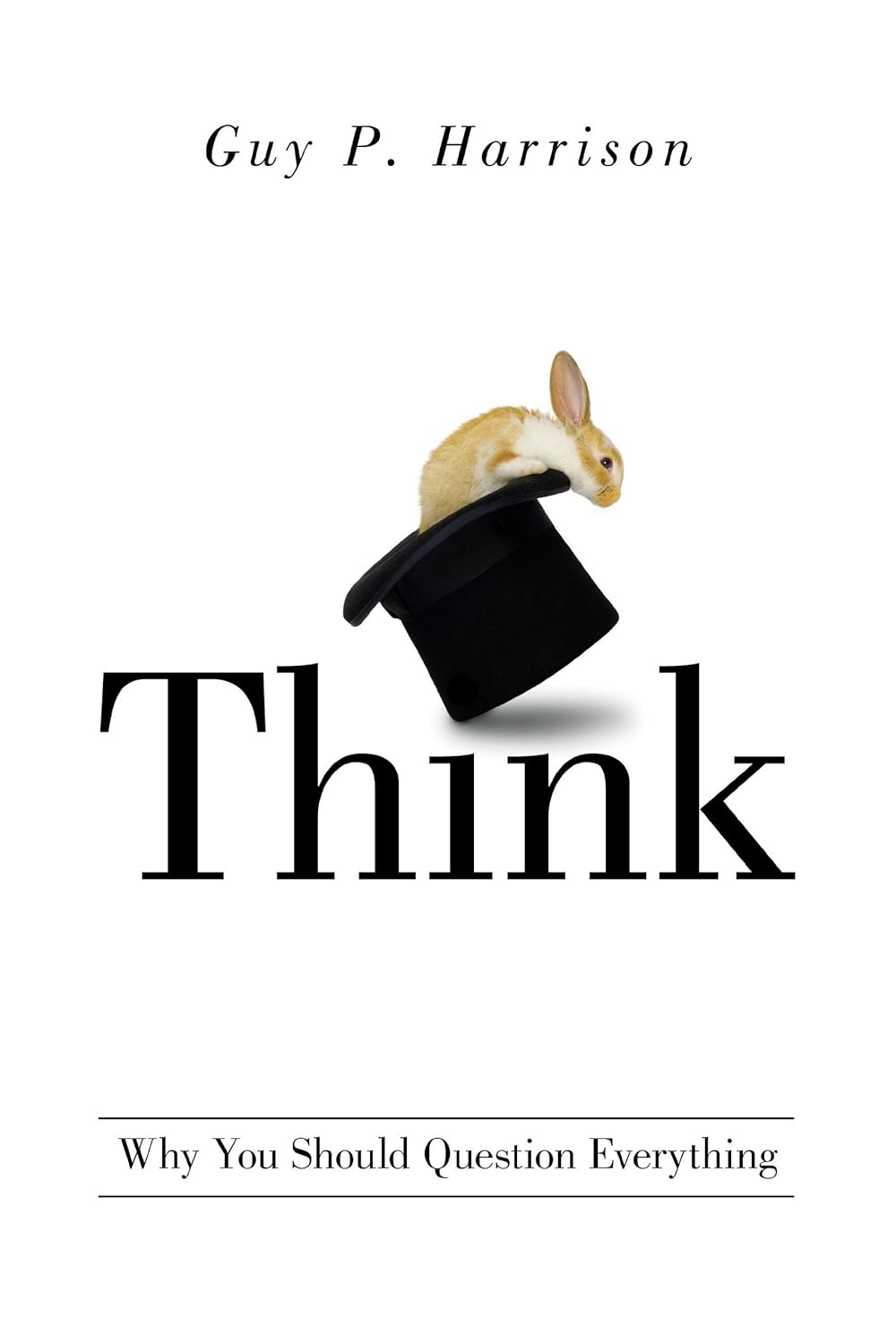The North Carolina Technology in Education Conference is one I look forward to attending every single year. There are tons of things to learn and a gaggle of educators to connect with. It is very difficult to leave each year without learning something you are dying to try out upon your return to your school. There are also always those unintended lessons you learn by attending and participating in the concurrent sessions too. In the classroom, we call that the "hidden curriculum." Today, as I prepared to present during a concurrent session, I was hit hard, right between the eyes with this "hidden curriculum."
The hidden lesson NCTIES 2014 taught me this year was simple: No matter how much care you take in planning your presentation, you can't prepare for everything. I knew that before I presented obviously, and being an "Old Dude" as my wife affectionately refers to me, I've know it for quite sometime. Yet, I had a powerful reminder today. No matter how carefully you prepare, something unforeseen is probably going to happen. Today, it did.
At NCTIES 2014 this year, I planned to try to use my Apple TV device to air-play my presentation and to demonstrate apps from the iPad. Issue one was discovered when I found that I inadvertently forgot my Apple TV remote at home. Without the remote, an Apple TV device might as well be a paperweight and or a brick to throw at someone. But I recovered, because with plan B, I had enough HDMI cables and an iPad display adapter along with my laptop to carry on.
When I arrived in my concurrent session room, I immediately began setting up. I connected my iPad and the display worked. I connected my laptop, and it too worked. I began connecting devices to the WIFI, and immediately noticed the WIFI connection I needed was not to be seen. I could not even select it to connect because it wasn't even visible after refreshing and wishing for it to magically appear. I even tried two or three others connections, hoping that one would work, but still I found no internet connection. There I stood in front of a group of educators with a prepared presentation saved in Google docs, and a plan to review Chrome extensions and iPad apps but no Internet connection. While I did have the foresight of downloading the presentation to my desktop, so much of my plans involved demonstrating apps and extensions that required working with the Web, my whole presentation was really in jeopardy. After all, if my presentation is all I had, the participants could download that, and I was no longer needed.. The problem was major: I had no Web access, and the WIFI connection I was told to use was not even visible as a choice.
Most would have panicked at this point, and I would probably have ten years ago, but age has a way of providing perspective, so I did not panic. Through my ongoing mindfulness and Zen training I was reminded of what Buddhist teacher Sharon Salzberg once wrote: "Life is just as it is despite our protests." Strange that these words came to me, but they did, and they reminded me that I had no reason to panic, to be angry, or to get frantic, even though my plans A, B, C, and D were apparently for naught. L
ife was just not working as I intended, but it was as it was despite my own protests!
After fiddling with cables, phantom WIFI connections, and standing there dumbfounded, I was caught in thoughts about how I should carry on, when a fellow principal offered the use of his Hotspot connection so I could continue the presentation.
Now that the presentation is over, what can I honestly say I learned from it? What are my own takeaways from my own session? Here's perhaps two points of the "hidden curriculum" I gained from my NCTIES presentation this morning.
- It's foolish to think we can prepare for every eventuality. That's not an excuse to avoid planning. We obviously should try to have alternate plans at conferences or in the classroom. But remembering that we can't plan for everything means we can let ourselves off the hook a bit when things don't go just as we intend them to go. Preparation yes, obsession with what went wrong no.
- Sometimes we learn more from what happens in the session rather than what someone says or does. We can turn every circumstance in life into opportunities for learning. But everyone knows that I am sure. Today, I was just reminded of that once again.
NCTIES 2014 has once again provided valuable learning and personal affirmation about why I became an educator in the first place.
There's nothing like being in a room of like-minded educators who are passionate about technology and its place in our schools and classrooms, and a broken WIFI connection to teach you that.


